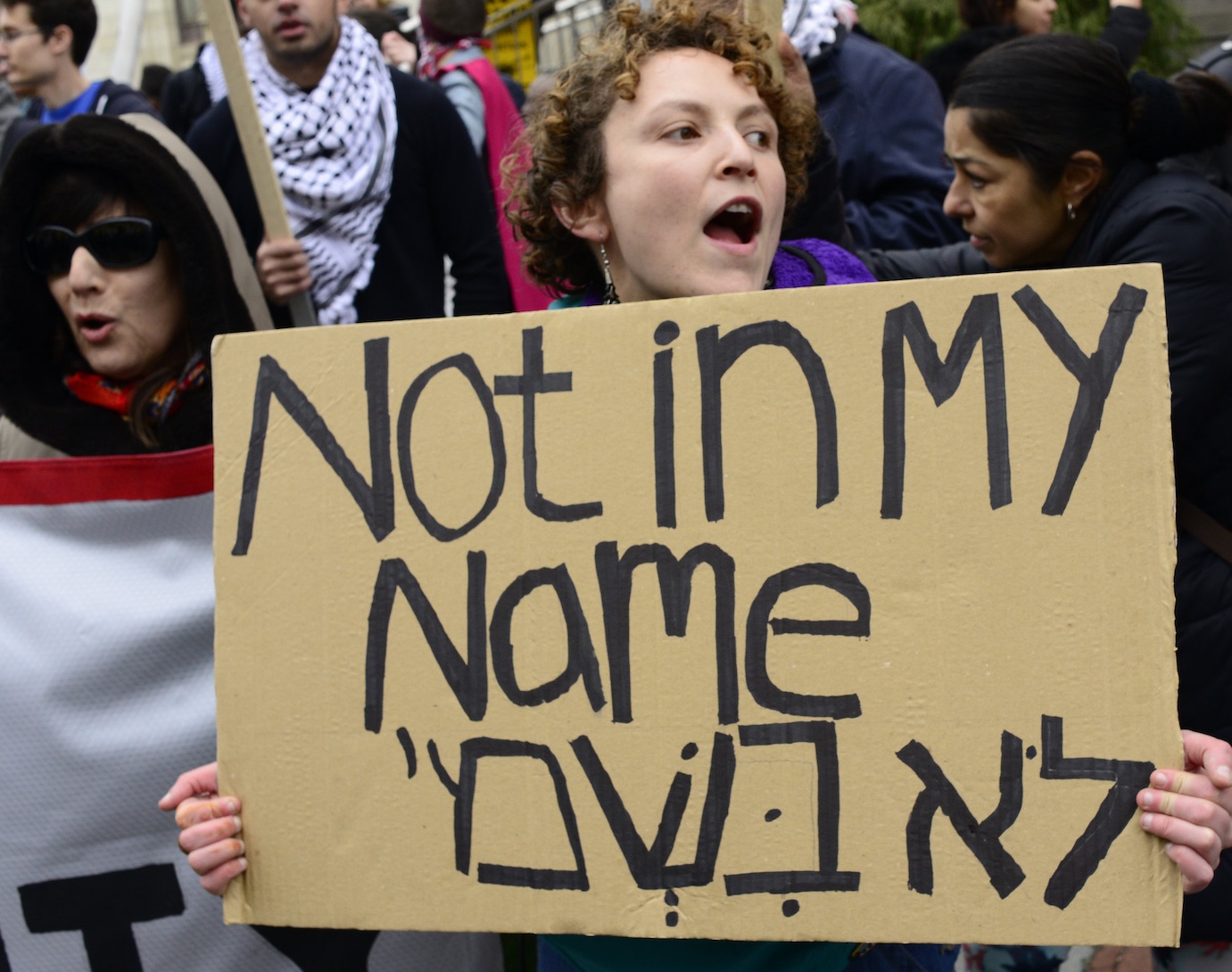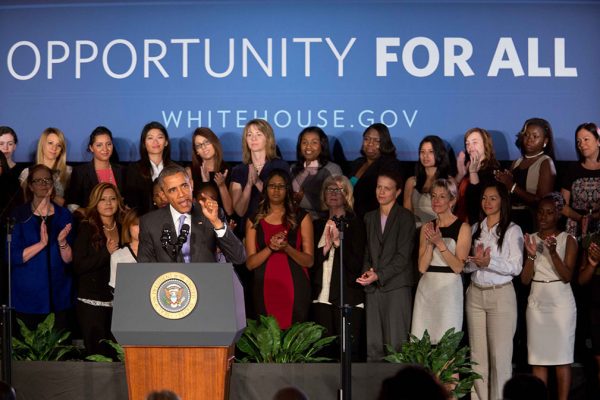Solidarity is a necessity and a fantasy. Being dominated, punished, blamed, and marginalized by others is often a condition that can only be overturned with the help of third parties. If people could overcome oppression on their/our own, they/we would. Because many cases of oppression are spun as neutral, natural, and not occurring, third-party intervention that reveals the hidden structures and punctures them is often at the center of positive change. It disrupts the agreements that keep inequality secret or justified and ongoing. At the same time, solidarity is an erratic and unpredictable way of life. It can be an excuse for uninformed and misguided actions that create more difficulty for the person or community being assisted. For those in solidarity, it can be unfulfilling, dangerous, and deprive the assister of the protections of their own dominance to the point not where equality is achieved, but where they become unable to have impact.
As a person who offers solidarity and who very much needs solidarity, I know the material difference it makes, how difficult it is to score, and how often it stops short of really delivering. Mie Inouye captures this complexity of solidarity in her reflections on conflict, including the intermixing of personality and substance. Needing concrete help from people who have access is a spotlight on their/our character strengths and flaws, hypocrisies and willingness to risk their/our own security. Being the person offering solidarity is a constant revelation of inadequacies, effectiveness, biases, ability or inability to change, and a stark record of deliberate attempts to work both sides of the street: that is, to equalize the access of those born with less, while not completely sabotaging one’s own potential to thrive in a brutally unequal playing field. And both myself on the receiving end, and the people with whom I am in solidarity with, can be angry, petty, victimy, can overstate harm and blame the helper for pain they/we have not caused. Then again there are great friendships of depth that are life-affirming and transforming, created through solidarity that may not solve the central conflict but that enrich people’s lives in other ways, while there are also sometimes no personal enhancements. Visible and measurable social change, as a consequence of cooperation, can be achieved in unpredictable, complex ways that are unacknowledgeable and must grant its own recognition and reward.
The key measure of the consequence of solidarity is the question of “tipping point.” This goal is based on the assumption that if enough people support in the often elusive but correct way, the endangered person or community’s situation would transform. The brutality against them would stop or become less, and the objectified parties would come closer to equality of access and opportunity, to problem solving and autonomy to a degree that changes people’s lives for the better. The “tipping point” is the pot of gold, and sometimes arrives partially in a manner that is deceptive, creating opportunity for individuals and not the masses. Or—as we now live—a society can be so retrograde that inequalities tip in the wrong direction and long ongoing crises become even more devastating. The lie that keeps subjugation in place, male or white or Jewish supremacy ideologies, or other false distortions that render outrageous injustice as neutral and normal—sometimes these prove so intractable that seemingly reasonable, credible voices repeat outrages of untruth with the power of institutions and institutions of power.
Another complex sidebar to solidarity is intimacy. Actually forming personal relationships—friendship, coworker, life partner, collaborator—as a consequence of the choice to receive or give solidarity produces all kinds of new dimensions of complexity. Familiarity breeds contempt, sometimes. Dealing with personal cruelties, snubs, blame, or unfair acting out from the person you are standing with can be very challenging. It can hurt, especially if you actually care. It can be justified and it can be profoundly unjustified. Being projected onto as a person in solidarity or receiving solidarity can be disorienting and painful, especially if there is a history of real friendship, support, and sharing. These are real relationships, after all, and therefore come with responsibility. As my collaborator Jim Hubbard said about a mutual friend dying of AIDS who made everyone who loved him miserable, “he forgot that we all have responsibilities to each other until we are dead.” No one has the right to demand the time and attention of someone just because you are supporting them; cruelty is cruelty and can have damaging consequences on individuals and movements, even if the punch is up.
The question of tipping point is at the center of Palestine solidarity. On one hand I have never experienced any movement that was so welcoming to everyone. From my first exposure in 2009 to now, I have seen a movement whose leaders have welcomed queer people and trans people across the board. It was an esteemed straight Palestinian professor who recommended to me that I organize an LGBT delegation to Palestine. It was a straight male leader of the Palestine Academic and Cultural Boycott of Israel who went on television with me to make a statement in favor of LGBT civil rights in his vision of an autonomous Palestine. Last year I attended a conference organized by openly gay Palestinian professor Sa’ed Atshan at Emory University on Black and Palestine solidarity. Palestinians are always looking for support and, in my experience, are glad to listen in order to find it. When I was faculty advisor to Students for Justice in Palestine (SJP), I was greeted warmly by the father of one of my students, a member of Islamic Jihad, when I joined him in a demonstration in support of his cousin on hunger strike under Israeli custody. He knew that I am queer and Jewish, and I am sure we disagree about a lot of things, but it didn’t interfere with our productive and cordial relationship concerning political prisoners.
On the other hand, there is a lot of factionalization—Palestine, like every society, is multidimensional. It is not a monolith. There are a wide range of factions, and I stay out of internal Palestinian politics. It is not my business to participate in Palestinian society building. My job is to work toward the goal of ending U.S. government funding to the Israeli domination and violent suppression of Palestinian autonomy. This means participating in organizations that are anti-Zionist like Jewish Voice for Peace, a group of eighteen thousand members, for which I serve on the advisory board. It means volunteering as faculty advisor to SJP. It means supporting and observing the Boycott, Divestment, and Sanctions movement.
In the fifteen years since I committed myself to this solidarity, the grassroots movement around the world in support of Palestinian autonomy has grown and grown. SJP is now one of the most common on-campus political organizations in the United States. Young people everywhere increasingly oppose the occupation. Even the U.S. Congress now has a small but vocal Palestine caucus.
And yet the tipping point of change eludes us. The violence grows and grows. The war crimes of the Israeli government are constant and blatant. The lies of the American media are consistent in their hedging and justifications. The mainstream of the government remains locked in myths and baseless loyalties regardless of party. And the large protests in Israel are starkly focused on a concept of “returning” to a democracy that was for Jews only. This is the greatest challenge to solidarity: when no matter how much your movement expands, cooperates, and how righteous and fair your rhetoric and actions combine, you keep losing with no end in sight. This is where we are challenged to grow, to innovate and to stretch. For example, the rise of Palestinian, Muslim, and pro-Palestine members of Congress means that activists need to be more involved in electoral politics. Lobbying by the Palestinian solidarity community becomes more necessary despite its high cost and low return. Resisting university attacks on people who speak out against Israeli aggression falls to small legal entities like Palestine Legal and the Center for Constitutional Rights, who need our support. Not being afraid to speak up for Palestine, even when being falsely accused of anti-Semitism with consequences for employment, is an act of courage. These concrete actions become more and more important as the grassroots swell and the apparatus ignores. Yes, there is a politics of repetition when it comes to fighting the obvious, but the Palestine solidarity movement has proven to be a courageous and inventive one, whose eye is clearly on the forces that originate the oppression.
There is no easy interpretation and the road to giving and asking for solidarity is filled with minefields and reassessments. Yet, in America at least, nothing—absolutely nothing—advances without coalition. And coalition, also, is filled with images constructed by marketed falsehood. Coalitions are not Benetton ads, one of you and one of you and one of you. They are not perfect rainbow structures of integration. Coalitions more often are different constituencies coming together at different moments when their resources and energies can resonate together to create a simultaneity of response more powerful than the contested parties would be able to achieve on their own. These formations are always shifting and are almost never static or without tension. Yet coalitions are the only structure that impacts the larger apparatus. The ideal of the heroic white male individual who arrives to save the day is not only inaccurate, it is actually impossible. It is the cumulative simultaneity of solidarity that creates the paradigm shift so many of us look toward in order to fully live, together, as ourselves.








